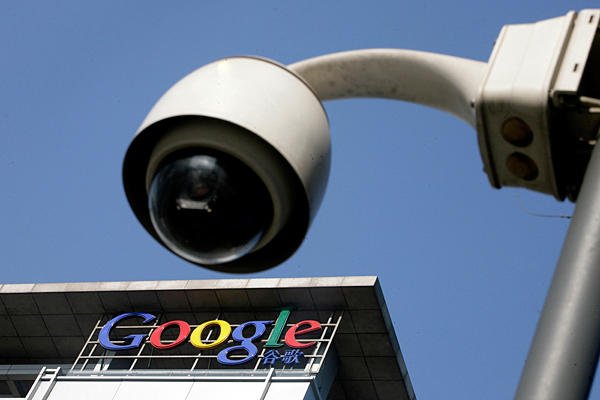
Google’s mighty PowerGlove hand will tighten ever more constricting ‘round the neck of the internet in the coming week as the Artificially Intelligenced search engine firm begins Phase 18 of its plan to control everything you click and right-click on throughout the internet.
What Google plans on doing, according to Billboard is this: it will start looking at the number of copyright infringement notices that websites get from the respective copyright holders and, based on those notices, lower or raise the website’s search ranking. In other words: if a website has a lot of illegal media, it will be harder for the average person to find it, and, on the flipside, the websites with legal content will be much more visible. Let’s let Google clarify even more: the change “should help users find legitimate, quality sources of content more easily — whether it’s a song previewed on NPR’s music website, a TV show on Hulu or new music streamed from Spotify.”
This is great if you own a website like Hulu, Spotify, or Amazon or if you hold the copyright for a popular song, but, should you believe in the free transmission of ideas, arts, and culture, well, then it’s “THEM” 1, and “US” zero. For example, the RIAA showed their support for corporate strength by saying: “This should result in improved rankings for the licensed music services that pay artists and deliver fans the music they love. This change is an important step in the right direction — a step we’ve been urging Google to take for a long time — and we commend the company for its action.” What a square.
Personally, I started getting mad at Google when they made me have to type, in its entirety, “blonde teen blowjob” every time I wanted to look at porn, and wouldn’t provide me with provided shortcuts if I were to, say, wanting to look up “blonde toner shampoo.” But, that’s a story for next week.